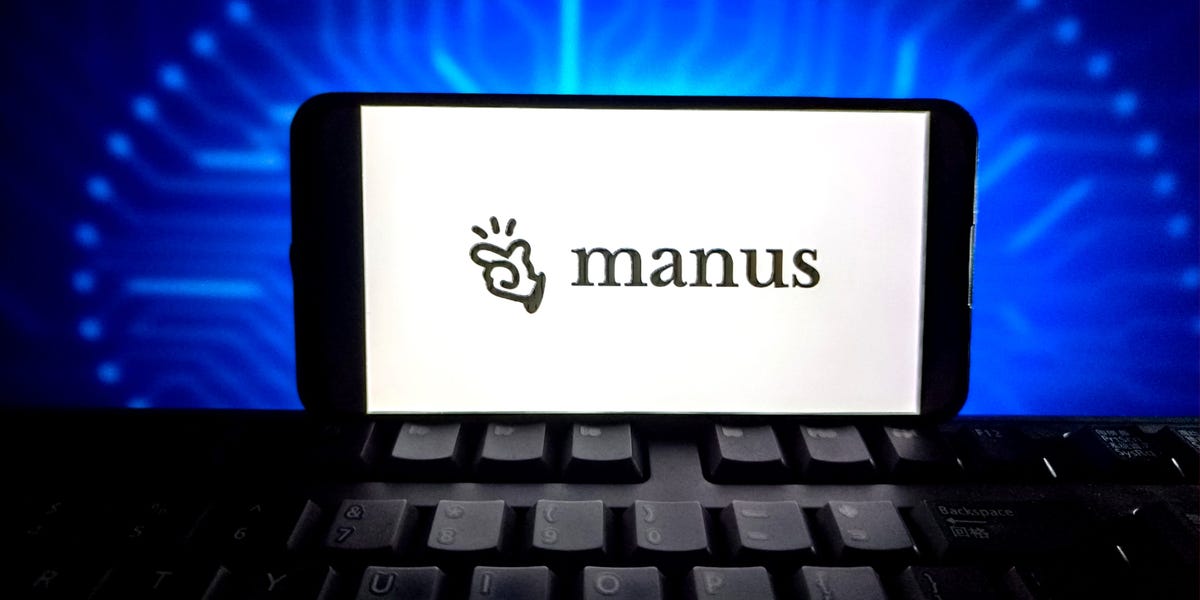China’s Latest AI Agent Manus Generates Excitement and Doubt

Manus AI: The First Fully Autonomous AI Agent
Introduction to Manus AI
Chinese researchers have unveiled Manus AI, which they claim is the world’s first fully autonomous AI agent. The project has generated significant attention within the AI community. While some industry experts are excited about its capabilities, others are skeptical about the level of autonomy it truly offers.
Overview of Manus AI’s Features
Key Highlights
- Developed by Monica: Manus was created by the Chinese startup Monica, which is reportedly a subsidiary of a company called Butterfly Effect, based in Singapore.
- Autonomy Claims: Unlike traditional chatbots that often require numerous human inputs, Manus is designed to operate with minimal guidance. Users can start tasks with a simple initial command, and Manus is expected to complete the task independently.
- Demonstrated Capabilities: The launch video showcased Manus performing various complex tasks like sorting résumés, ranking candidates, and formatting spreadsheets in just seconds.
Yichao "Peak" Ji, co-founder of Manus, emphasized in the product launch that it bridges the gap between idea creation and execution, claiming it has capabilities that extend beyond conventional tools already available in the market.
Testing and Performance
Task Versatility
According to its developers, Manus can analyze financial trends, scrape data from websites, and even create interactive websites from the ground up. It operates in the cloud, which allows it to continue working even when users log out.
Furthermore, the company claims that Manus outperforms OpenAI’s research models in certain benchmarks. While access to Manus is currently limited and requires an invite, initial reactions from testers have been mixed.
Concerns About Development
Some early adopters have suggested that Manus might not be entirely original. They argue that the AI could function more like an interface layered over other models rather than being built from the ground up. For example, LinkedIn posts by AI startup co-founders indicated the potential use of other major language models like Anthropic’s Claude and Alibaba’s Qwen in its development.
Comparisons to DeepSeek
The launch of Manus has drawn comparisons to DeepSeek, another Chinese AI development that sparked significant interest earlier this year. DeepSeek’s model claimed exceptional capabilities while also inciting concerns regarding its affordability and the broader implications for the AI market.
While some view Manus as China’s answer to autonomy in AI—paralleling the impact of DeepSeek—others suggest it should be assessed on its unique merits. AI policy researchers have noted that Manus may indeed raise the bar for autonomous AI capabilities.
Divided Opinions in the AI Community
Support for Manus AI
Some industry leaders praise Manus for redefining what is possible in AI. Victor Mustar from Hugging Face described it as "the most impressive AI tool” he has ever encountered. According to him, its capabilities may significantly change how programming and coding are approached, allowing for a more intuitive style of interaction.
Skepticism and Criticism
Conversely, others have voiced concerns about Manus’ reliability. Some testers reported issues with factual inaccuracies and operational failures during assessments. There’s also criticism related to Manus’ marketing tactics, which, according to various commenters, could contribute to unrealistic expectations among its users.
Privacy and Data Security Concerns
Another significant issue surrounding Manus is related to privacy. Some researchers are asking important questions about data handling and where user information is stored, particularly considering the implications of Chinese governmental oversight. This concern has deepened given the opaque ownership structure associated with the tool.
Implications for Future AI Development
The debate regarding Manus AI reflects larger discussions within the AI community about standards, safety, and governance. As AI technologies evolve, establishing trust and transparency will become crucial as developers, regulators, and users navigate the complexities of autonomous systems. With Manus entering the stage, the ongoing dialogue about the future trajectory of AI is likely to intensify, highlighting both the potential and challenges of fully autonomous agents.






